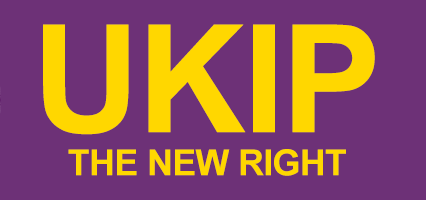Time for a new Health Care Model
News & Social Media / Post
Dr. Chris Ho
UK Independence Party spokesman for Health and Social Care
Wednesday 3rd January marked the start of a new 6-day strike by the junior doctors in England over pay. The longest strike in history during a period of the year typically characterised by seasonal pressures of winter flu, holidays and staff absences due to sickness. I remind readers that junior doctors carried out strike action last month prior to Christmas, and also in March, April, June and July last year.
The BMA have set a “starting figure” of 35% pay rise to make up of years of “pay increases less than inflation”. The inherent assumption of course is that public sector pay is tied to inflation, however, there is no legal regulation that stipulates this.
The estimated costs of these strikes range from cancellation of many thousands of appointments, elective surgeries, increased waiting times, monetary costs in the many millions, and unknown harm to patients. This is compounded by other strikes previously by nurses, ambulance workers, consultants and specialty doctors last year too. It is completely understandable to feel aggrieved about decreasing real time pay, and that is the consequence of poor spending of public funds and mismanagement by the state. Case-in-point: The NHS’s diversity tsar is paid an annual salary of £230,000, more than its chief executive.
In Scotland, the junior doctors agreed a pay increase of 4.5% 2022/23, and 12.4% 2023/24. This was after First Minister Humza declaring “there was nothing left in the coffers”. This estimated £60m will be met from existing budgets, i.e. cuts elsewhere. This is true of course, as fundamentally, Scotland and the UK, are both running at a deficit. If funds are not spent more wisely (assuming that’s achievable), then the gap would be bridged by, you guessed it, more borrowing and printing of money. Any economist not ideologically possessed will tell you that that will only worsen inflation, leading to more demand for public sector pay increase and strikes. Where then is the end to the vicious cycle?
The next general election is likely to be in the second half of 2024 and will be a chance to rethink the model with which healthcare and other services are provided. The UK Independence Party’s section on health policy is a thought-provoking start to addressing some of these issues. If strike action continues to be protracted, I see no winners here. The taxpayer and wider public would again end up paying the unseen costs, and the stealth tax of inflation. And I see no signs that any of the mainstream parties have the competence or the will to solve this.
Dr. Chris Ho
UK Independence Party spokesman for Health and Social Care
Recent National News











